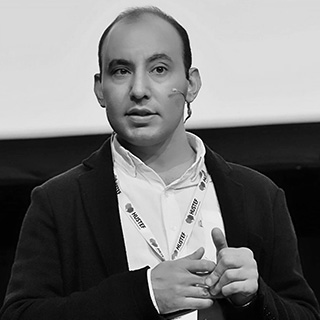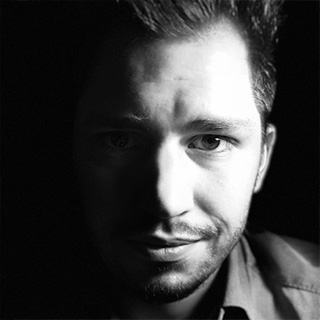DevOps Pro Europe 2020

March 24-26

Online
Confirmed Talks
Liran Tal
Snyk, Israel
There’s no better way to understand container security than seeing some live hacking! This session introduces the state of docker security by reviewing vulnerabilities in docker images and their impact on applications, and demonstrates via hands-on live hacking. This session further provides the audience with security best practices when building docker container images, and each successful hack will help you better understand the mistakes you can make, their implications, and how you can avoid them.
Session Keywords
Mesut Durukal
SIEMENS, Turkey
Buse Ozarslan
SIEMENS, Turkey
This presentation describes the most common test smells and some methods used to prevent them. These methods are applied in the test of a big project and results are presented.
It starts by pointing out the importance of test automation and costs resulted by the ignorance of QA. It is also described that automation is needed but has several difficulties like inconsistent results. This is followed by reasons of those results, definition of test smells and taxonomy of test smell types with a description of each smell.
The second part briefly investigates a real system, providing examples of conditions. For this work; SUT is a cloud-based open IoT operating system, which consists of microservices. The product has been developed by more than 600 people in 10 globally distributed countries.
Session Keywords
Albert Lewandowski
GetInData, Poland
It is crucial to understand how we can automate everything in data platforms to make it stable and enable real time data streaming analysis. There are some the most important details how it can be provided. Monitoring, Infrastructure-as-Code, automation, preventing issues – how it works in practice and which services are the most useful?
Session Keywords
Ari Palo
Alma Media, Finland
Bringing a good developer experience into DevOps and infrastructure as code with AWS Cloud Development Kit. CDK is a framework for defining cloud infrastructure for AWS using familiar programming languages (such as TypeScript, Python or Java) and built-in abstractions. You can also develop your own abstractions or use open sourced ones.
Session Keywords
Alexey Györi
Uber, The Netherlands
In just 10 years, Uber has scaled from zero to over $10 billion in annual revenue [1], mostly coming from apps like the eponymous rider app, the Eats food delivery app, or, recently Uber freight. As an app business, Uber relies on thousands of software engineers delivering code daily.
Session Keywords
Maik Wojcieszak
getNext IT, Germany
This talk is about the best and effective practices to waste your own time and the time of your team members. I tried most of the practices myself to deliver a first hand experience. In various projects and uncountable discussions developers volunteered to contribute their own ideas to the topic.
Session Keywords
Carlos Leon
The Cloud Natives, The Netherlands
Scrum is probably the most widely adopted software development framework in the industry. It offers predictability, tight feedback loop between customers and the development of the product and segregates responsibilities in a way that makes accountability very easy.
Session Keywords
Matthias Koch
JetBrains, Germany
Increasing requirements in code quality and availability can only be tackled by adopting a CI/CD process. Starting with a simple application, we will implement a basic build chain that compiles, tests, and deploys our solution using NUKE. In the next step, we will use TeamCity to make our build an actual CI build that gets triggered with every new change.
Session Keywords









